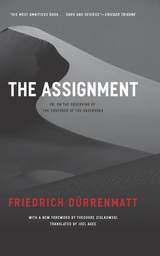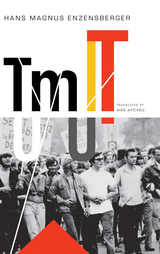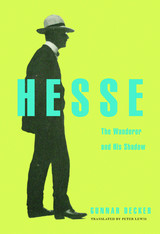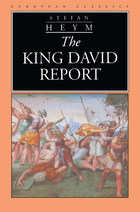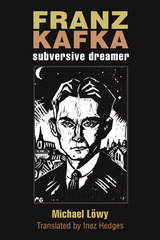The Wandering Jew
Northwestern University Press, 1999
Paper: 978-0-8101-1706-8
Library of Congress Classification PT2617.E948A7313 1999
Dewey Decimal Classification 833.914
Paper: 978-0-8101-1706-8
Library of Congress Classification PT2617.E948A7313 1999
Dewey Decimal Classification 833.914
ABOUT THIS BOOK | AUTHOR BIOGRAPHY | REVIEWS | REQUEST ACCESSIBLE FILE
ABOUT THIS BOOK
According to the myth of the Wandering Jew, Ahasverus denied Christ a resting place while Christ was traveling to Golgotha. In turn, Ahasverus was cursed to roam the earth until the Second Coming. Stefan Heym's novel re-creates and expands this myth to propose that the right synthesis of love and rebellion can bring humankind to the Kingdom of Heaven.
Heym introduces both Ahasverus and Lucifer as angels cast out of heaven for their opinions on God's order. Their respective oppositions continue throughout the rest of time: Ahasverus remains defiant through protest rooted in love and a faith in progress, while Lucifer is rebellious by means of his old, familiar methods. In a funny eternity of run-ins, debates, and meddling with characters such as Christ, a disciple of Luther, and a Marxist professor in East Germany, Ahasverus and Lucifer struggle on, awaiting the Second Coming.
Heym introduces both Ahasverus and Lucifer as angels cast out of heaven for their opinions on God's order. Their respective oppositions continue throughout the rest of time: Ahasverus remains defiant through protest rooted in love and a faith in progress, while Lucifer is rebellious by means of his old, familiar methods. In a funny eternity of run-ins, debates, and meddling with characters such as Christ, a disciple of Luther, and a Marxist professor in East Germany, Ahasverus and Lucifer struggle on, awaiting the Second Coming.
See other books on: Devil | German | Heym, Stefan | Literary | Wandering Jew
See other titles from Northwestern University Press

